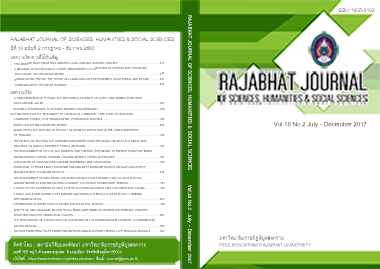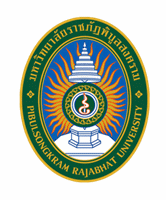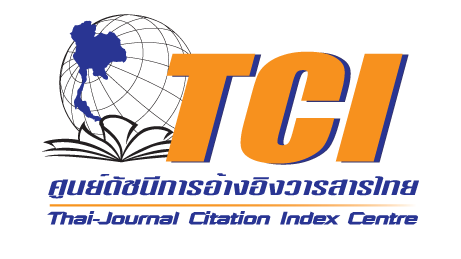THE DEVELOPMENT OF A METACOGNITION QUESTIONNAIRE FOR UNDERGRADUATE STUDENTS: A CONFIRMATORY FACTOR ANALYSIS
Keywords:
metacognition, university students, validity, confirmatory factor analysisAbstract
The aim of this study was to develop a metacognition testing for undergraduate students in social sciences program. A sample of 671 participants was undergraduate students in social sciences program. The results of confirmatory factor analysis supported six-factors model of metacognition testing which consisted of declarative knowledge, procedural knowledge, conditional knowledge, planning, monitoring and evaluating which based on Schraw (1998) (=2022.20, df=1039, p<0.001, =1.94, CFI=0.908, RMSEA=0.038). The results revealed a good internal consistency reliability of six factors (Cronbach’s alpha coefficient is between 0.677 and 0.817). The results also supported that the metacognition testing can be applied for evaluating metacognition level in undergraduate students in social sciences program.
Downloads
Additional Files
Published
How to Cite
Issue
Section
License
Each article is copyrighted © by its author(s) and is published under license from the author(s).










